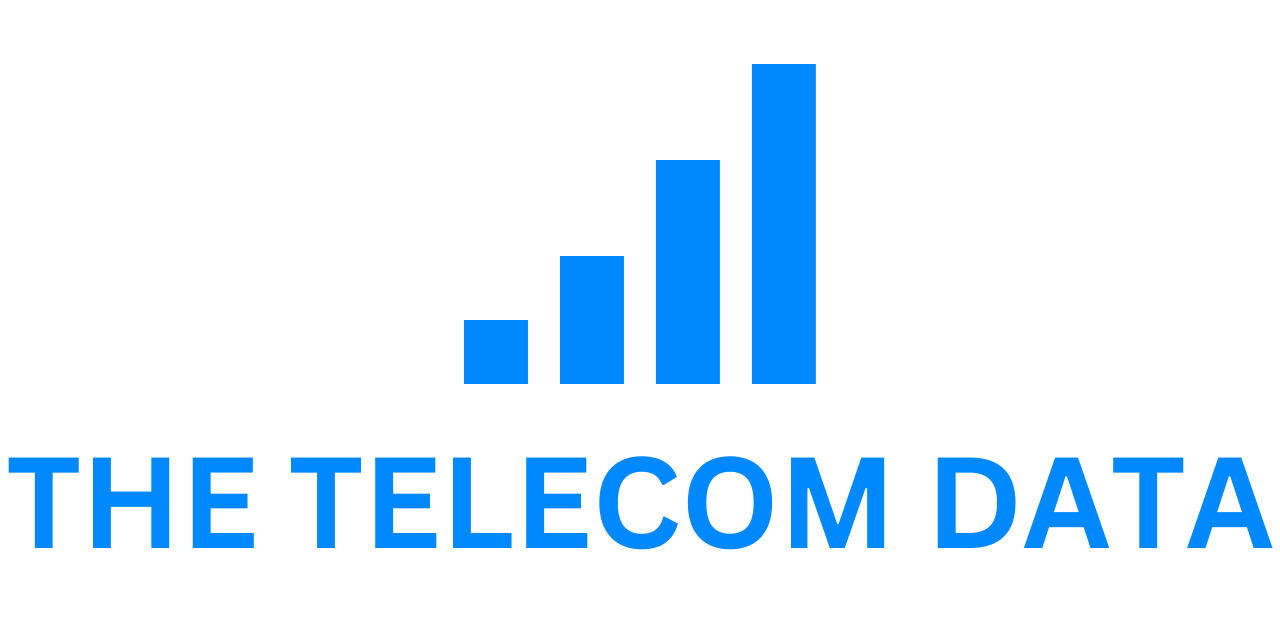Technological innovation and the digital revolution are the driving forces behind our economy. Keeping pace with these changes necessitates digital skills and proficiency across virtually every industry—from manufacturing to home healthcare to retail. As states and localities allocate billions in federal funds to provide every American with high-speed Internet, it is crucial to consider the role of digital skills training and ongoing upskilling opportunities in expanding economic opportunities for both large and small communities.
At Comcast, we understand that equitable access to skills and development is essential for building and supporting America’s workforce. This need is particularly urgent as training and upskilling workers are key to realizing the potential of federal infrastructure investments nationwide. Through Project UP, Comcast’s $1 billion initiative to advance digital equity and create a future of unlimited possibilities, we have a long-standing commitment to supporting innovative partners like Per Scholas, Genesys Works, and NPower. These partners engage deeply with local communities to offer skills training programs that open pathways to careers and economic mobility for individuals and families.
Continuing this effort, Comcast recently co-sponsored a Broadband Breakfast webinar to discuss a newly released report from the National Skills Coalition (NSC). Jeran Culina from NSC highlighted that this latest research builds on a previous collaboration between NSC and the Federal Reserve Bank of Atlanta, revealing that 92% of jobs require at least some digital skills. Culina also emphasized that skills training benefits businesses by reducing employee turnover costs, a crucial consideration as emerging technologies like AI become integrated into the workplace.
Daisy Magnus-Aryitey, co-founder of Code the Dream, shared success stories about how programs like Code School and Dev Shop are preparing diverse and low-income community members for high-paying tech careers. Lo Smith from the National Digital Inclusion Alliance discussed the broad range of digital skills needed for the future—from foundational to advanced coding—and the important role digital navigators play in helping people attain these skills. The report found that these views were consistent across racial, political, educational, and geographical segments.
The findings show high interest in digital skills across various occupations, including blue-collar (67%), service industry (64%), and white-collar (61%) roles.
Policymakers across America should keep these findings in mind as they decide how to allocate the influx of federal dollars. In already connected areas, funding can support organizations like Code the Dream, which actively bridges the digital divide by teaching essential skills for the future workforce. Ultimately, by investing in digital skills training, communities can develop a highly skilled and adaptable workforce ready to tackle the challenges and seize the opportunities of tomorrow with confidence and agility.







